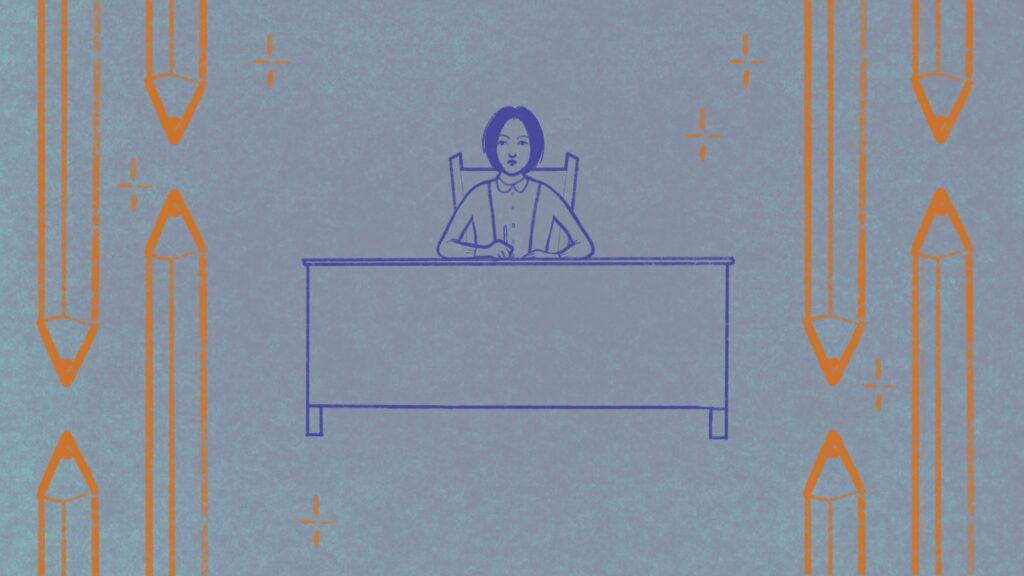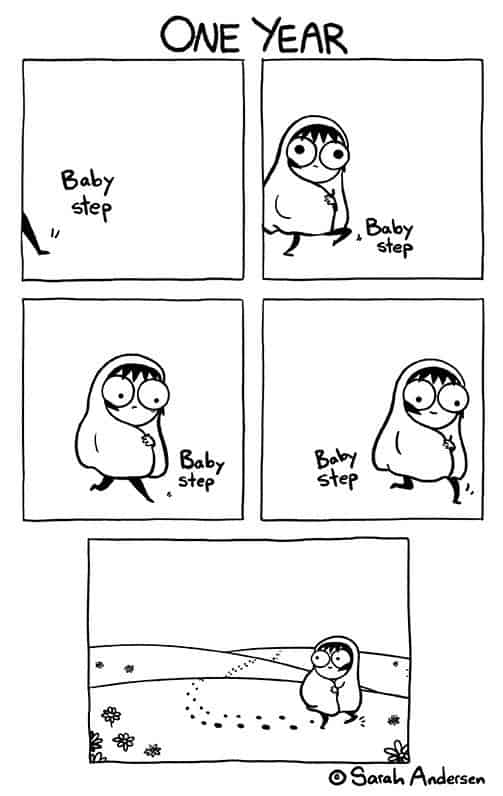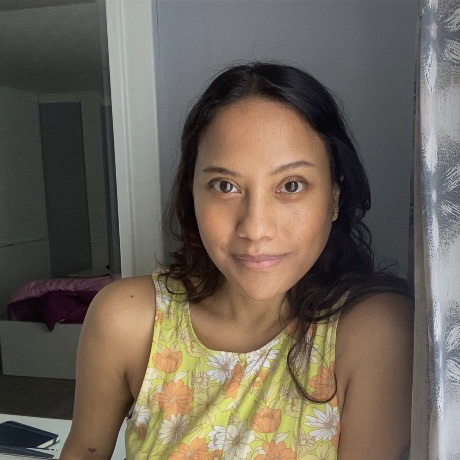The Power of Writing Down Your Goals
How to Take the First Step to Planning Your Life

When I first decided that I wanted to be self-employed, I realized that I needed to establish a road map and identify some obstacles that stood in the way. I could tell that there were a number of changes I needed to accomplish before embarking on my new path.
- I needed to beef up my skills.
- I needed to change my living situation.
- I needed to define my "working" strategy — literally, the way I did work.
- I needed to dial down into exactly what I wanted my profession to be ... and if I wanted several professions (like if I had a couple of different skillsets, how I was I going to define them?).
In the book Eat That Frog, Brian Tracy recommends that we write down our goals.
When you write down a goal, you crystallize it and give it tangible form. You create something that you can touch and see. On the other hand, a goal or objective that is not in writing is merely a wish or a fantasy. It has no energy behind it. Unwritten goals lead to confusion, vagueness, misdirection, and numerous mistakes.
Brian Tracy, Eat That Frog
While several books I've reported on emphasize the importance of creating something physical with our hands, I feel that once we've done that, (ie, written the goals down on a piece of paper) we can translate the goals onto something like Trello (which is what I use) to really dial in on the end game. This is because bigger goals are broken down into smaller ones to achieve.
Break Down Bigger Goals Into Smaller Goals
Let's take the first goal, "I need to beef up my skills", and translate it into something practical.
What skills do I need to learn?
First, identify which skills need to be worked on.
Where should I learn them?
Next, do some research on the best way to learn or gain these skills. It could be a bootcamp, some YouTube tutorials, or even going back to school.
Once you decide on the right venue, write that down and add it to the road map.
What did we just do?
We took a more abstract goal, "I need to beef up my skills", and turned it into "Complete the School of Motion bootcamp." In other words, we got specific about a general, hazy wish.
I need to beef up my skills → Complete School of Motion bootcamp
Let's try something more abstract:
I need to define my "working" strategy.
What does this mean? It means that first, you need to identify "pain" points — times when you do other things instead of doing work, or making progress on your goals. For instance, say you're a regular alcoholic drinker — a common thing in a big city (especially a city like Chicago or New York). The next day, you feel the effects:
- You're a little slower at work
- You need more time to process new information
- You're less able to come up with new ideas
- You can't wait for the workday to end
In other words, this entire day is now a wash because you've just spent the whole time waiting for it to end. Does this sound familiar? Do I sound mean? Okay, but how many times have you done this before? How many days have we wasted? They add up, dude.
What's the first thing I need to do?
Drink less. Specifically: Restrict your drinking to the weekends. (Add this to the list)
Is this a real problem?
Be honest. How often does this happen? If it happens more than twice a month, then that's every other week ... or even weekly. That's a lot of time. Also, do you find it difficult to drink less ... and is it difficult to limit your drinking to specific, scheduled times?

This is when a lot of people stop. They see that their habits are destructive, and they shy away from this fact. It's easier to carry on with your habits and lifestyle than it is to change them. Or, they see that the bigger goal (be more productive) requires them to look at some of their own actions, which they don't want to do. Or, they minimize the impact that their daily or weekly habits have on their long-term goals. By writing it down, they acknowledge that there is a problem (it might not be drinking — I'm just using it as a frequent example).
It takes a whole mindset shift to see that the little things add up to the bigger things, and the easiest way to do that is to approach your goals from the other side — start big, and break it down into smaller steps. In this way, you can take a look at the small "steps" that you currently do — ie, your current habits — and analyze whether they take you further away from your bigger goal.
What can you do today?

Hi! I'm Piya. I'm a freelance creative starting a new career, and I want to help you start yours, too.